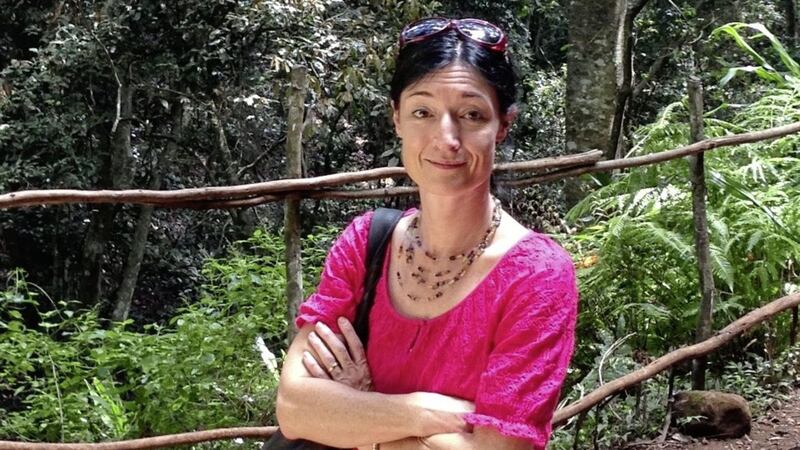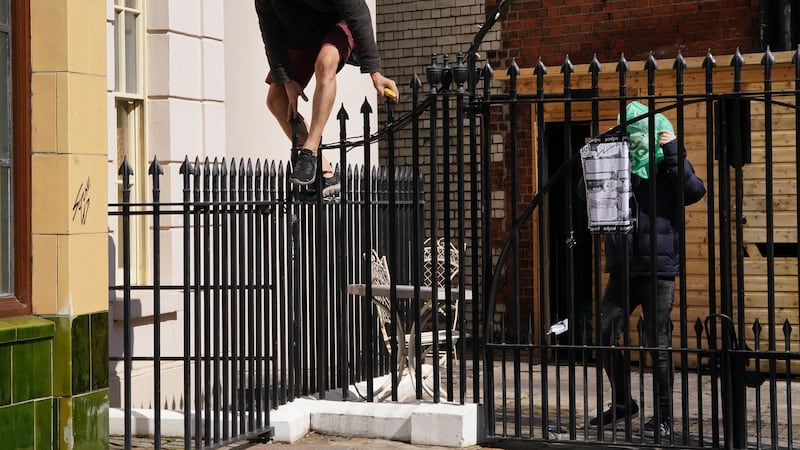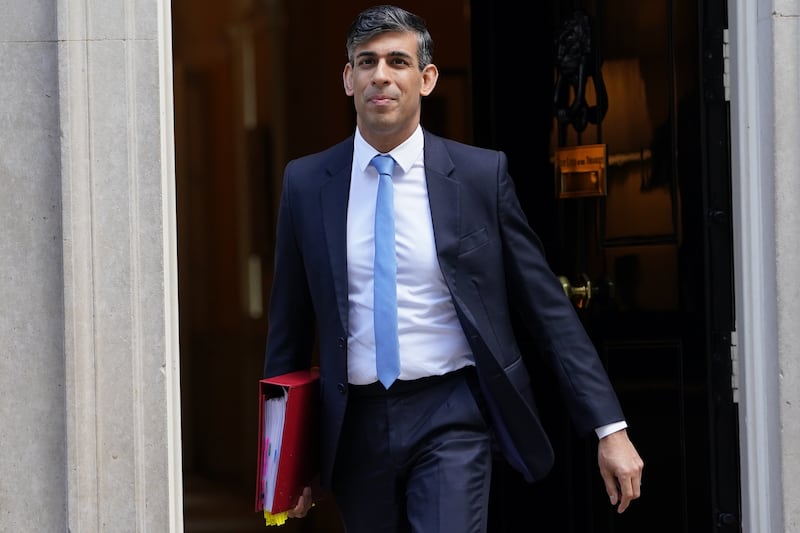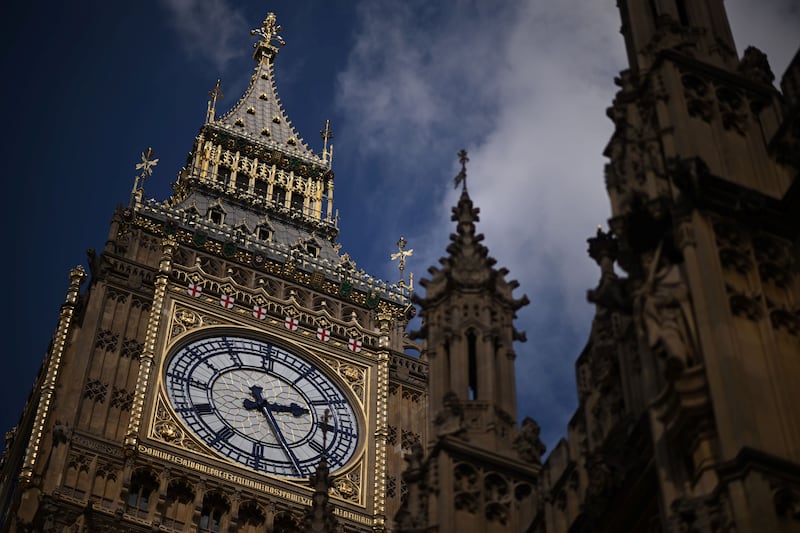IF YOU have ever wondered what happens afterwards to the distraught people you see in the media who have been caught up in some of the most violent civil wars or natural disasters across the world, then writer Clár Ni Chonghaile gives a fascinating insight in her latest novel.
The Irish journalist has reported on various conflicts in Africa, having lived and worked in the Ivory Coast, Senegal and Kenya since 2001. She has viewed the aftermath of atrocities and spoken with people who survived war and famine. Displaced in mind, body and soul by their experiences, they often end up in mass refugee centres before slowly making a new life for themselves.
In her second novel, Rain Falls On Everyone, she tells the story of a young Rwandan man who survived the genocide carried out there more than 20 years ago. Spotted in a camp, he is brought to Dublin at the age of seven by an Irish aid worker and raised by adoptive parents.
While Theo struggles to blend into his new life as he reaches maturity, he's haunted by flashbacks and partial memories of a day when his world shattered, as his family were victims in the mass ethnic killings that started in April 1994. In 100 days of mass slaughter, around 800,000 people, mostly Tutsis, were murdered mostly by the ruling majority, the Hutus, with whole families and villages wiped out overnight.
Plagued by his past, Theo is gradually drawn deeper into the world of Dublin’s criminal gangs. But a chance encounter in a restaurant with co-worker Deirdre, who has demons of her own to conquer, offers him a lifeline.
"I really like Theo and think he’s a fascinating character," Clár says of Theo, a petty drugs dealer who likes the Irish language and WB Yeats's poetry.
She says that her main challenge both as a journalist and novelist is to make her readers 'care'. Clár's first novel, Fractured, an international hostage thriller set in Somalia about a journalist, was also published by Legend Press last year.
"I haven’t covered the refugee crisis myself but I have been to a lot of camps in Somalia and west Africa and it's always a challenge as a journalist to make people care – even your editors at times," says Clár.
"For instance, it's not doing another story about people walking on the road carrying bundles of rags. It's very hard for people to relate that to their own lives so what I try to do in my books is to feature people that people in this part of the world may not necessarily know, but to make them more like us."
The early life of her character Theo is a far cry from Clár’s own. Born in London of Irish parents, she moved to the west of Ireland when she was three, growing up in Spiddal, Co Galway. Writing of her life there, she said: "We were seven children in a bungalow surrounded by fields of sinister cows and hawthorn bushes that rustled with robins. In the evenings, we lit turf fires, said the Rosary and watched an hour of telly."
She left at the age of 19 for a job in London as a graduate trainee journalist for Reuters news agency. Married to another Reuters journalist, she worked in Madrid and Paris before moving to Associated Press.
The couple moved to the Ivory Coast in 2001 due to her husband's work and were happy until they were advised to move to Senegal for security reasons as civil war had broken out.
Clár now lives in St Alban's, Hertfordshire, with her husband David Clarke, an editor with Reuters, and two daughters, Lucy (13) and Rachel (10). She gave up her job with the Guardian's global development team last August to concentrate full-time on her writing.
However, she's not sure if writing about war and conflict in Africa has helped her answer some of her own big questions on what she witnessed and wrote about in her journalism.
"I don’t think I will ever understand human nature but novel writing has been quite a cathartic exercise, so in some ways, it’s made me a better journalist," says Clár.
"Last year I went to the Central African Republic where they had just had their own civil war, which is still continuing. I think I see things in a different way, and perhaps, in a less calculating way, because I also write fiction now.
"There’s always criticism of journalists that we concentrate on bad news, not the good news about the cat who was rescued last week, but I think it's in answer of a human need or fascination of how people deal with these hugely traumatic situations that we want to know about survivors.
"We think 'How would you get through that if that happened to you?' and I guess it's just trying to find and understand the limit to human endurance."
:: Rain Falls On Everyone by Clár Ní Chonghaile (Legend Press) costs £8.99 and is available from Amazon and on Kindle.








